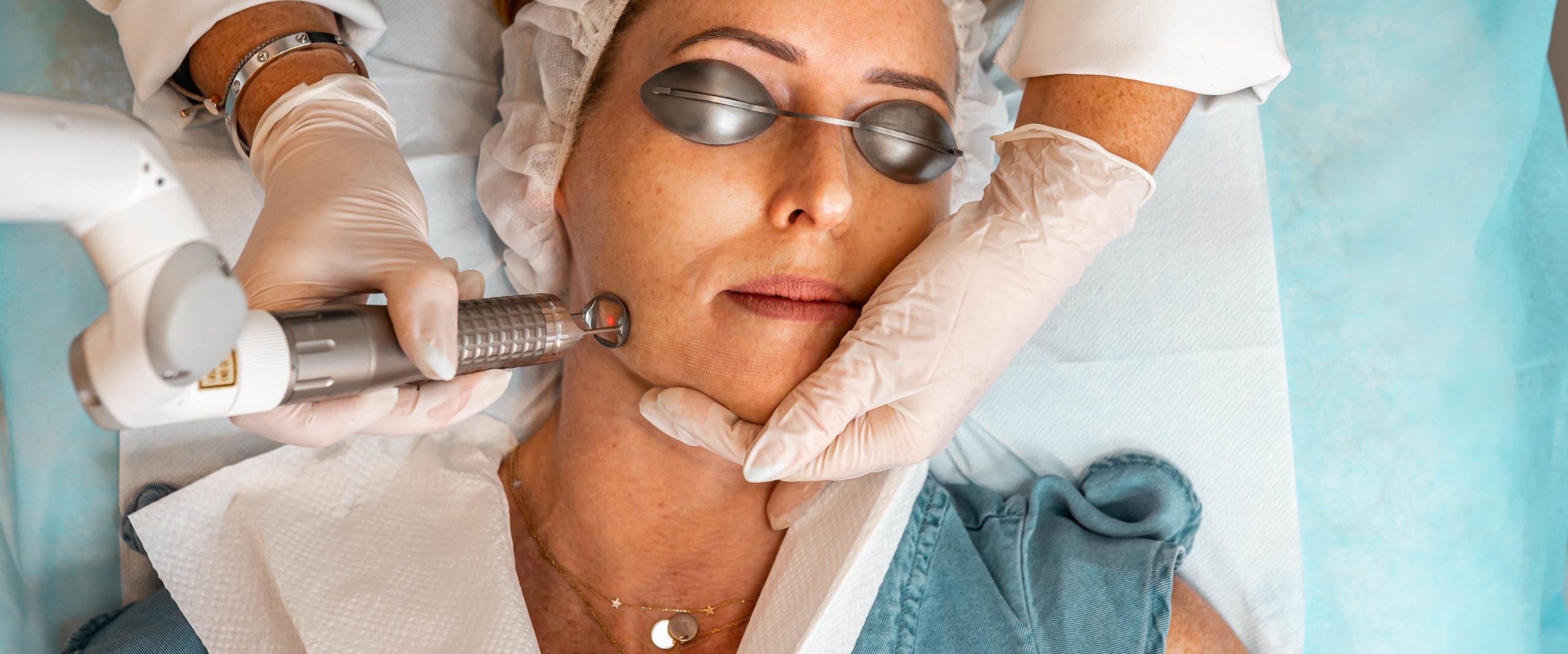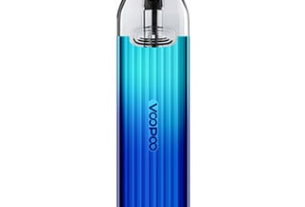Hyperpigmentation, characterized by patches of darkened skin, can be a common concern for many individuals. These dark spots or patches can result from various factors, including sun exposure, hormonal changes, and skin injuries. Fortunately, modern dermatology offers effective treatments to address hyperpigmentation and restore a more even skin tone. Here, we will demystify hyperpigmentation treatment Dubai and help you understand how to brighten your skin.
Topical treatments:
Topical treatments are one of the first lines of defense against hyperpigmentation. They often contain ingredients like hydroquinone, kojic acid, alpha hydroxy acids (AHAs), and retinoids. These ingredients work to lighten dark spots and even out skin tone. Over-the-counter and prescription options are available, and a dermatologist can recommend the most suitable treatment based on your skin type and the severity of hyperpigmentation.
Chemical peels:
Chemical peels involve the application of a chemical solution to the skin’s surface, which exfoliates the top layer of skin. This process encourages the growth of new, evenly pigmented skin cells. Chemical peels are effective for treating various types of hyperpigmentation, including melasma and sunspots. They can be tailored to different skin types and concerns.
Laser therapy:
Laser therapy uses focused light energy to target and break down the excess melanin in hyperpigmented areas. Laser treatments are highly effective for specific types of hyperpigmentation, such as age spots and freckles. They can also stimulate collagen production, improving overall skin texture and tone.
Microdermabrasion:
Microdermabrasion is a non-invasive procedure that uses a machine to exfoliate the skin’s surface, removing dead skin cells and promoting the growth of new, healthier skin. While it may require multiple sessions for noticeable results, microdermabrasion can be an effective treatment for mild hyperpigmentation.
Microneedling:
Microneedling involves the use of a device with tiny needles to create micro-injuries in the skin’s surface. This process stimulates collagen production and encourages the skin to heal and regenerate. Microneedling can improve hyperpigmentation and is often used in combination with other treatments for enhanced results.
Cosmeceuticals:
Cosmeceutical products, available over-the-counter or through prescription, combine the benefits of cosmetics and pharmaceuticals. These products often contain potent ingredients like antioxidants, peptides, and growth factors that can help reduce hyperpigmentation and improve overall skin health.



